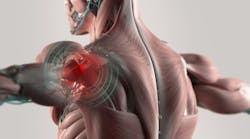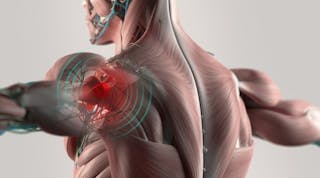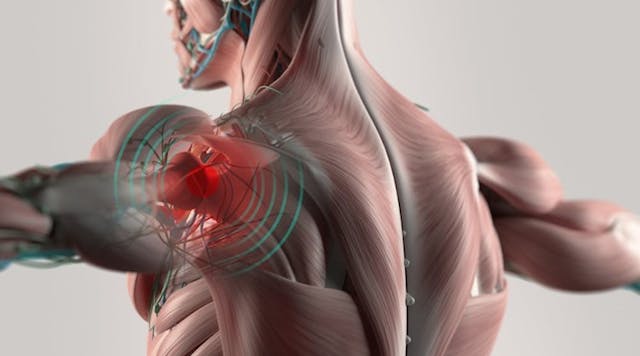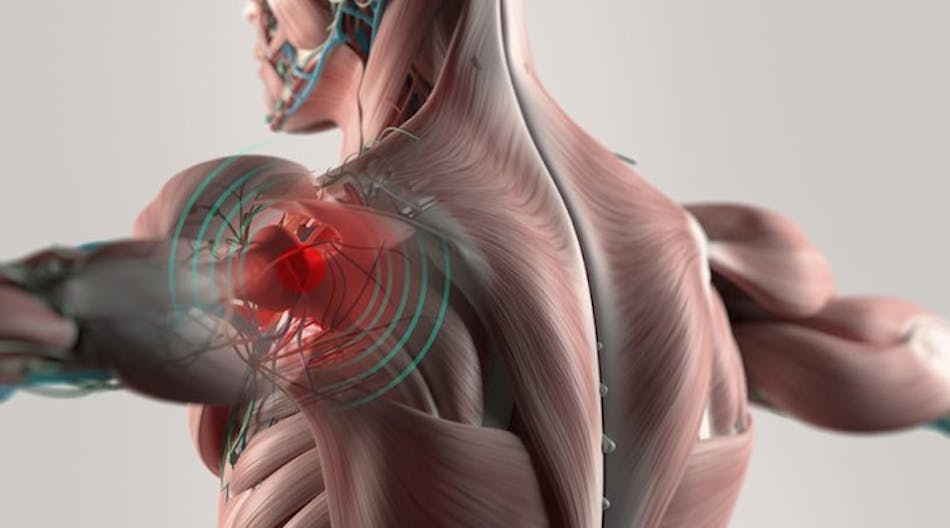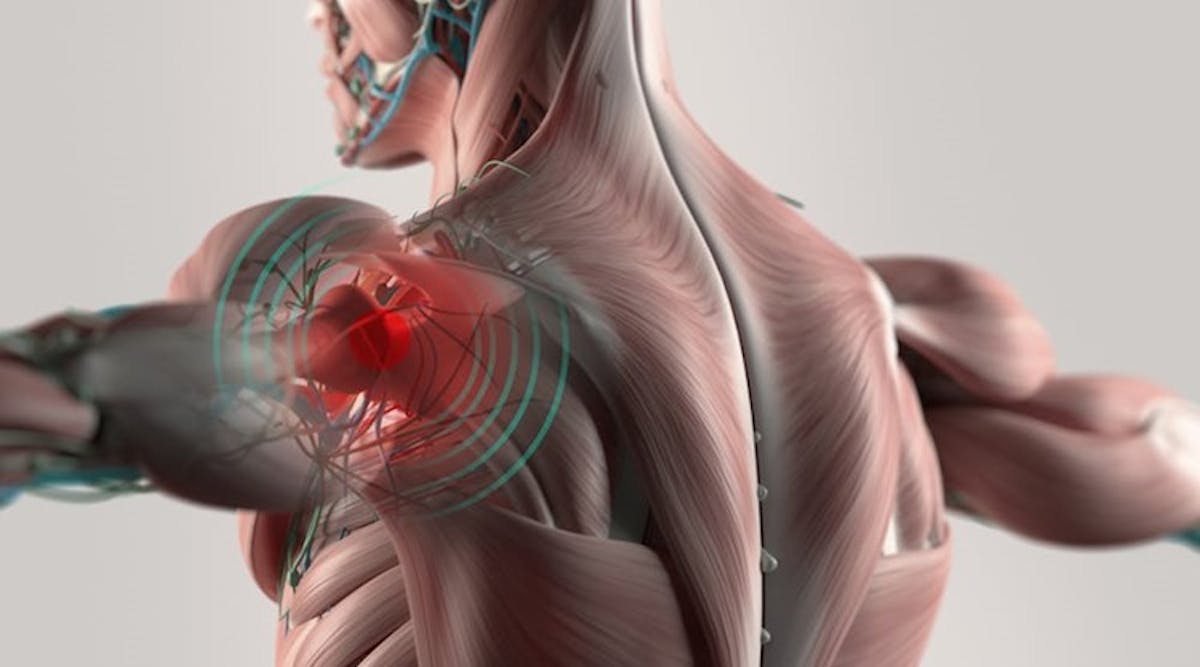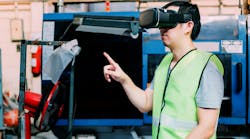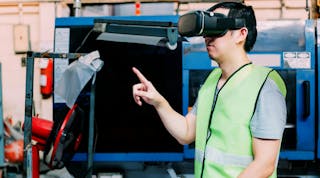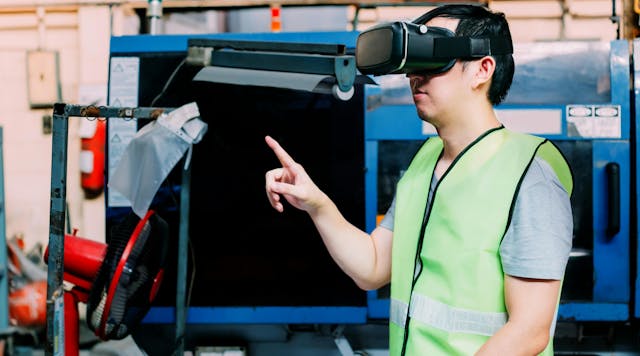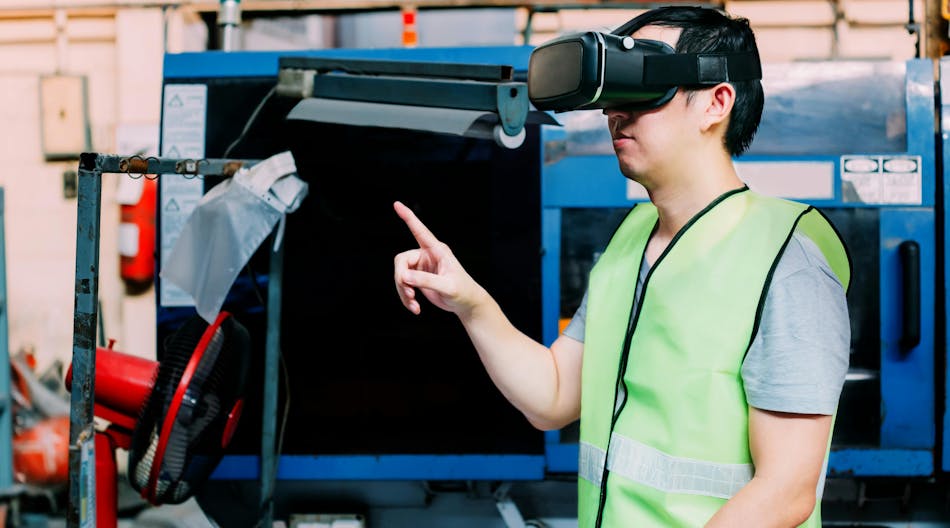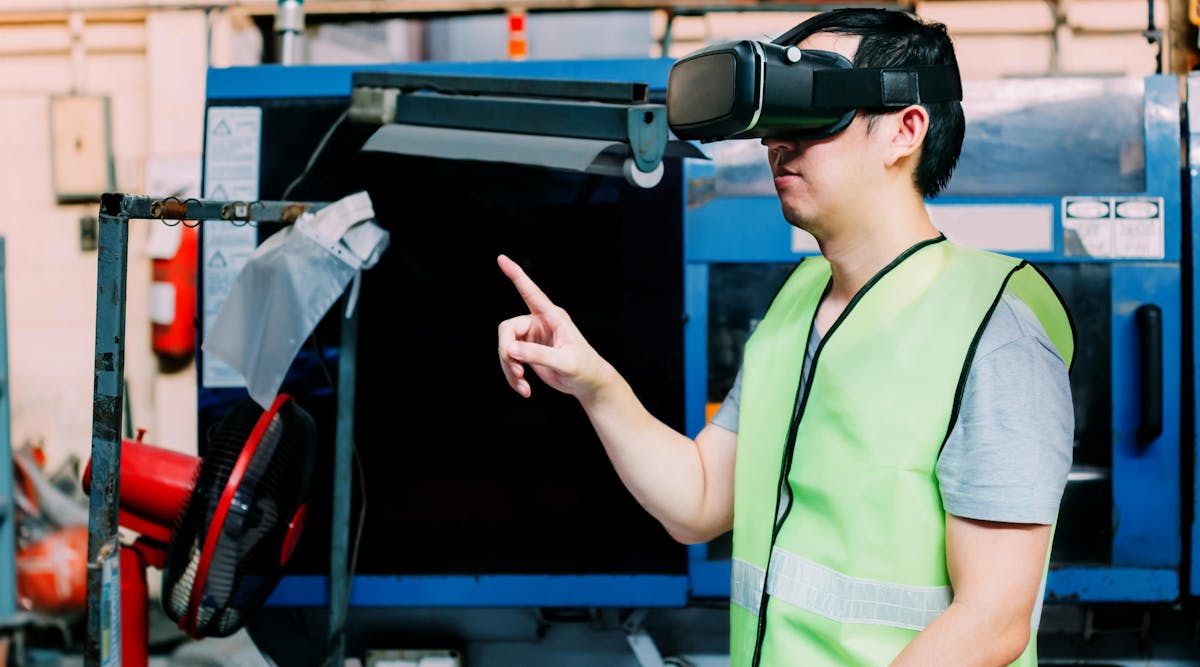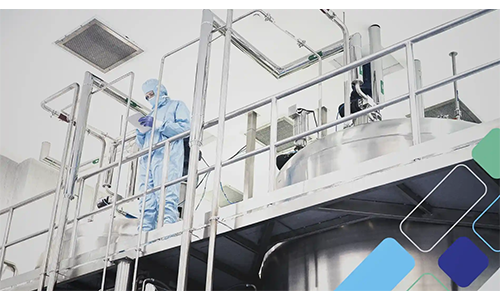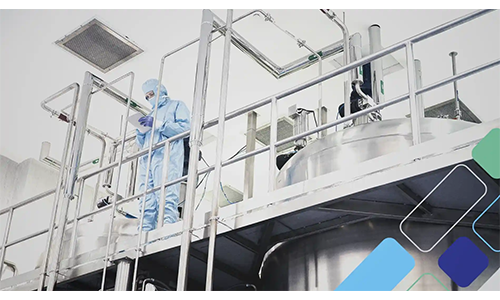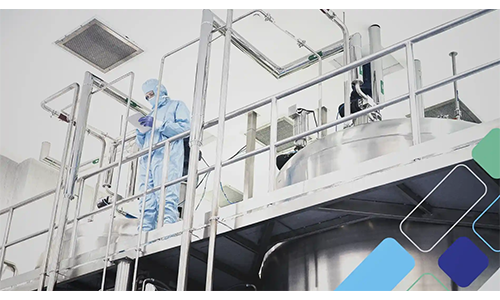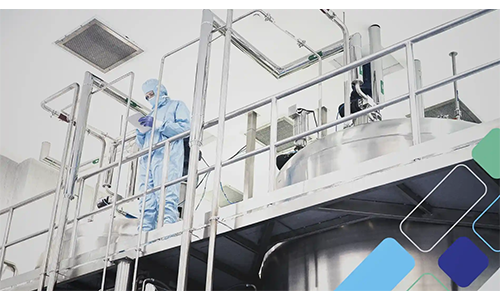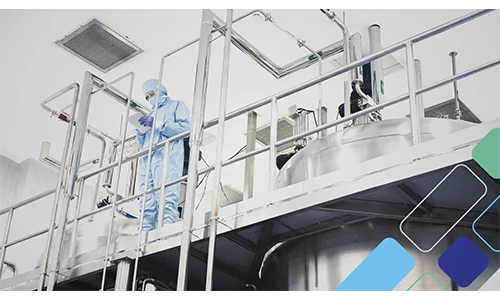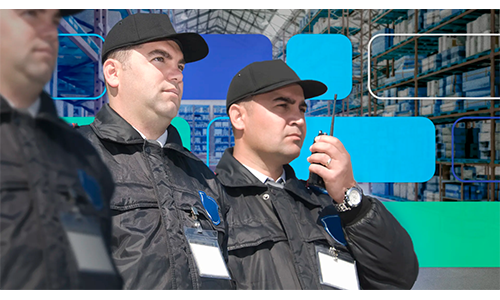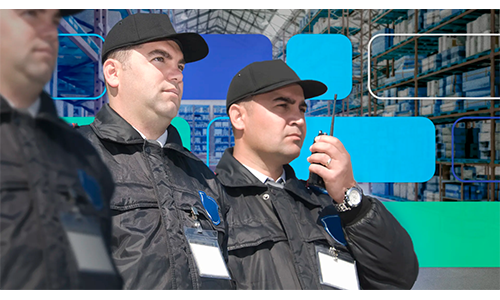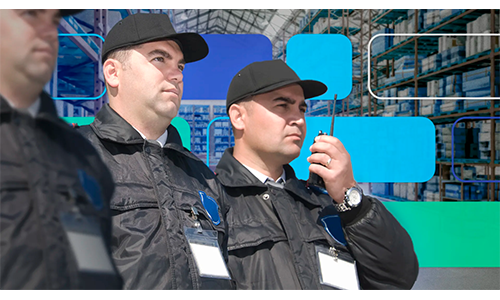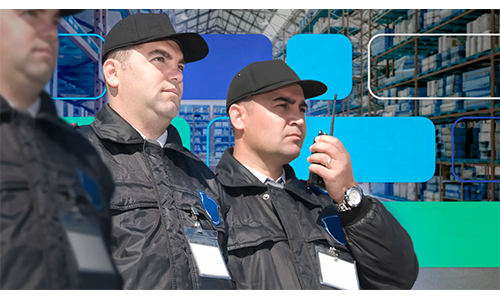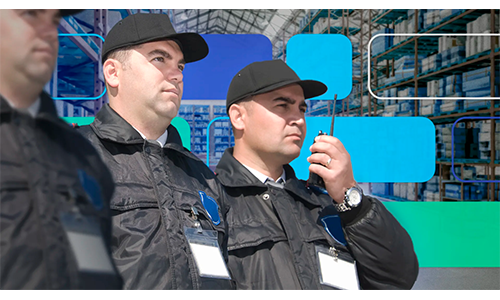In an effort to reduce instances of work-related musculoskeletal disorders, or MSDs, the National Safety Council, awarded nearly $275,000 through its recently-launched Research to Solutions (R2S) grant and MSD Solutions Pilot Grant 1.0 programs to help nine leading organizations advance promising new safety technologies.
Unveiled in March of this year through the Council’s MSD Solutions Lab, these new grant programs aim to foster innovative, transferable solutions to mitigate MSDs – the most common workplace injury – across a range of sectors and workplaces.
For the inaugural 2023-2024 grant cycle, NSC called upon R2S applicants to support one or more key research areas, including emerging technologies, solutions to jobs or tasks known to have high MSD risk, MSD management systems, future of work, and total worker wellbeing. This year’s R2S grant winners include the following organizations:
- Rutgers University (Piscataway, New Jersey), awarded $75,000 to implement an automated image captioning system, designed to help employers better identify ergonomic risk factors and real-time solutions.
- Iowa State University (Ames, Iowa), awarded $61,000 to develop a predictive model and AI-based ergonomics app for risk assessment and mitigation that enables employers in high-risk industries to understand shoulder MSD risk in different scenarios impacting their workers – with and without an exoskeleton – to make more informed decisions about injury mitigation.
- Virginia Tech (Blacksburg, Virginia), awarded $51,000 to implement inexpensive, camera-based marker-less sensors along with machine-learning models to assess worker physical exposures and MSD risks more efficiently, accurately and comprehensively.
- University of Waterloo (Waterloo, Canada), awarded $37,000 to generate evidence-based guidance on computer vision-based MSD risk assessment technology in the workplace, so employers can better determine the optimal approach and timing for integrating computer vision-based MSD risk assessment tools into their ergonomics programs.
“Hoping that the work we do each day translates to safer outcomes for millions of workers on the frontline is what inspires our team to continually push the boundaries of safety innovation,” said R2S grant winner Dr. Maury A. Nussbaum, CPE, professor of Industrial and Systems Engineering at Virginia Tech, in a statement. “MSDs are notoriously complex, as is their prevention, but technology advancements have made it possible for research teams like ours to collaborate with others, assess root causes, and propose scalable solutions more effectively than ever. We are honored to build on this progress through our work with the MSD Solutions Lab and R2S grant.”
The MSD Solutions Pilot Grant 1.0, designed to help organizations prevent MSDs specifically caused by manual materials handling, provides MSD Pledge members with the opportunity to team with technology providers to trial emerging solutions in real-life applications. Pledge members selected for the inaugural MSD Solutions Pilot Grant 1.0 include:
- Amerisure Insurance, awarded $10,000, will work with both computer-vision provider TuMeke Ergonomics and HeroWear, which specializes in passive back-assist exosuits, to prevent MSDs enterprise-wide.
- Burlington Hydro, awarded $10,000, will use TuMeke Ergonomics’ computer vision technology to assist with conducting ergonomic assessments of the company’s powerline technicians.
- General Electric Aerospace Erlanger Kentucky, awarded $10,000, will partner with HeroWear to better understand the operational benefits and worker impact of using exosuits to unload cargo trailers.
- Guarantee Electrical Company, awarded $10,000, will work with TuMeke Ergonomics to detect unsafe postures and glean data-driven insights to optimize their workplace safety programs.
- Lafarge North America, awarded $10,000, will team with TuMeke Ergonomics to use computer vision technology to scan construction workers’ movements during manual material handling activities to better identify MSD risks and assess targeted solutions.
“Overexertion involving handling objects is the No. 1 cause of disabling workplace injuries, and uncovering safer ways to help employees lift, lower and transport items is fundamental to achieving a drastic reduction in MSD injuries worldwide,” said Paul Vincent, executive vice president of workplace practice at NSC, in a statement. “Both grant programs call upon the industry’s brightest minds to help advance and find new ways to solve this pressing safety challenge.”
The inaugural grant recipients will have an opportunity to present their safety findings at the 2024 NSC Safety Congress & Expo or another event next year.
